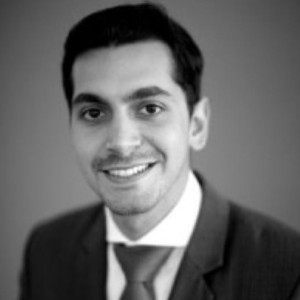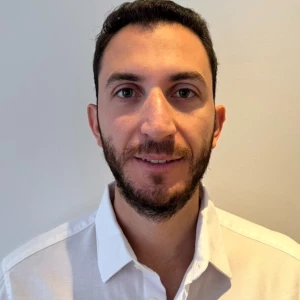Dear community,
most "real" interviews have their fair share of twists and turns ("The CEO walks into the room and has exciting new information..."), more so than the cases often seen in case books. This always has the potential to throw the candidate off and often touches on subjects not included in the original structure, especially when dealing with a very broad problem. While I understand that this is partly the goal, I'm still wondering how best to handle the situation and think that understanding the interviewer's thought process and expectations would help a lot. As such, I would really appreciate it if former interviewer's could weigh in on these situations in general, their expectations in particular, and maybe give hints for how best to handle them.
Thank you,
Alex













